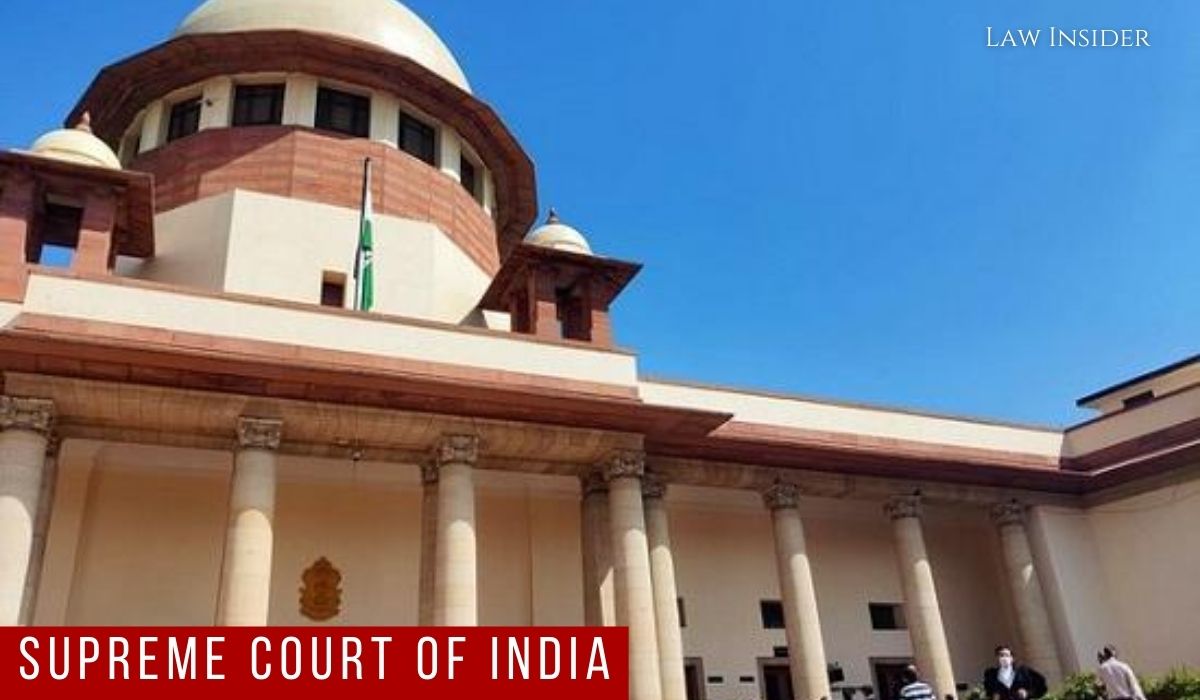Sakina Tashrifwala
Published on: October 28, 2022 at 18:23 IST
The Supreme Court recently overturned bail granted to two people charged in an NDPS case.
“In light of the mandate of Section 37 of the NDPS Act, the High Court could not and should not have granted bail to the accused,” the bench of CJI UU Lalit and Justice Bela M. Trivedi observed.
According to the prosecution case, approximately 13 kgs of morphine were discovered in a car driven by Md. Jakir Hussain, who named his owner, accused Abdul Hai, in a statement recorded under Section 67 of the NDPS Act.
During the investigation, it was discovered that the contraband material in question was to be given to the accused – Khalil Uddin, the owner of a tea shop.
The Gauhati High Court granted bail to Abdul Hai and Khalil Uddin, and the State appealed to the Supreme Court.
While considering the appeal, the court noted that the validity and scope of statements under Section 67 are addressed in the judgment in Tofan Singh vs. State of Tamil Nadu and that in State by (NCB) Bengaluru vs. Pallulabid Ahmad Arimutta & Anr., the rigour of law laid down in Tofan Singh was held to be applicable even at the stage of bail grant.
However, the court made the following observation:
“However, based on the facts as they stand, the matter is on a different footing at this point, thanks to Md. Nizam Uddin’s statement, which was later allegedly retracted. In our opinion, the High Court could not and should not have released the accused on bail in light of the mandate of Section 37 of the Act.”
While overturning the High Court’s decision, the bench directed the Trial Court to complete the proceedings as soon as possible, preferably within six months of receipt of this order.
Another Supreme Court bench recently observed that an accused under the NDPS Act may be able to use the Tofan Singh decision when arguing the regular bail application or at the final hearing after the trial.

